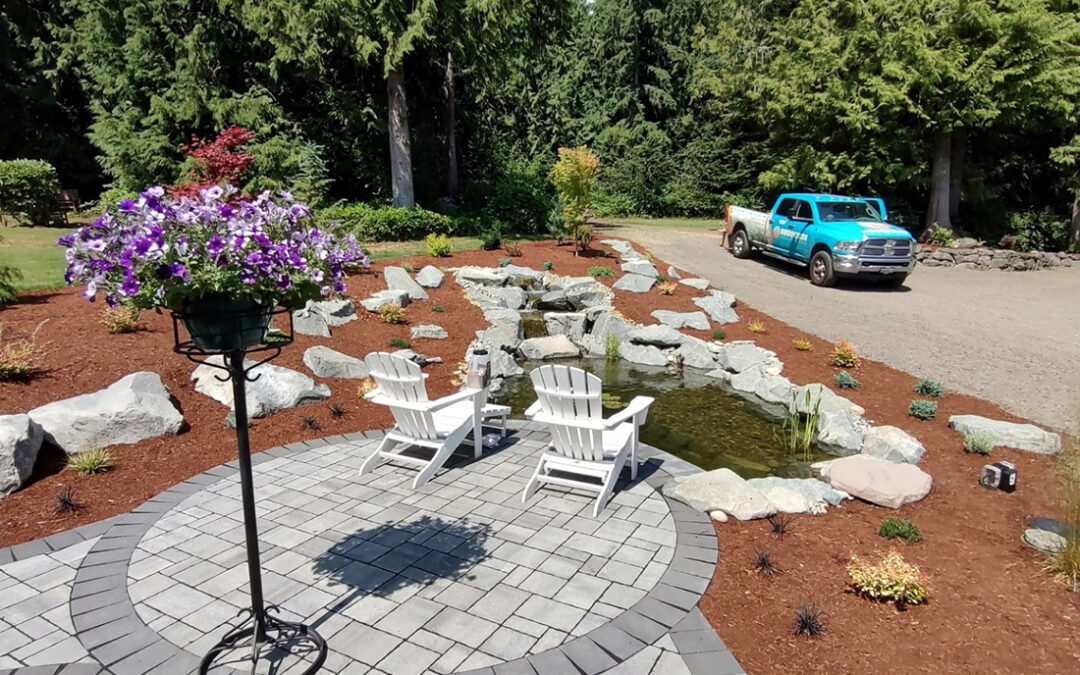
by Shiloh | Apr 3, 2025 | General, Landscaping, Outdoor Lighting, Patio Pavers, Renovation, Uncategorized, Water Features
Is Your Yard an Investment or a Money Pit? If you’re thinking about upgrading your outdoor space, you want to know, is this adding value to my home? Maybe you’ve watched a few home makeover shows or scrolled Instagram and seen jaw-dropping backyards with massive fire...
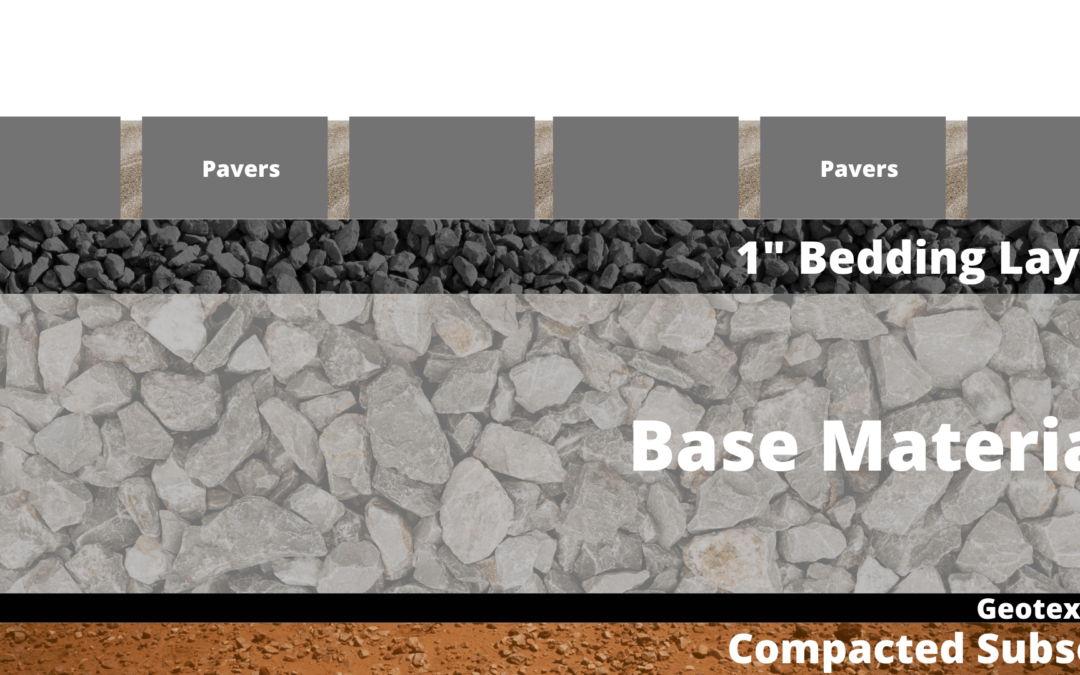
by Shiloh | Feb 13, 2025 | Landscape Design, Patio Pavers
You’re probably here because you’ve spent hours dreaming of the perfect patio. You want a a space to entertain friends, enjoy quiet evenings, or watch your kids play. Maybe you’re picturing the smell of fresh coffee as you sip it while the sun rises. It sounds...
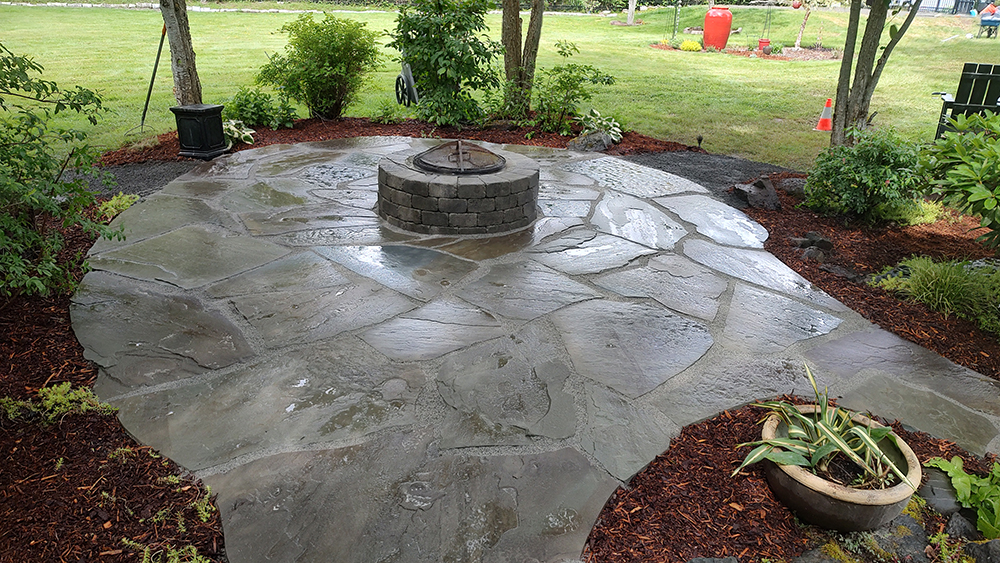
by Shiloh | Feb 13, 2025 | Patio Pavers
When you’re dreaming of that perfect patio, the kind that will make your friends and family say, “Wow I need one of these!”—you’re likely imagining something that is beautiful, durable, and long-lasting. But if you’re like many homeowners we work with, there’s...
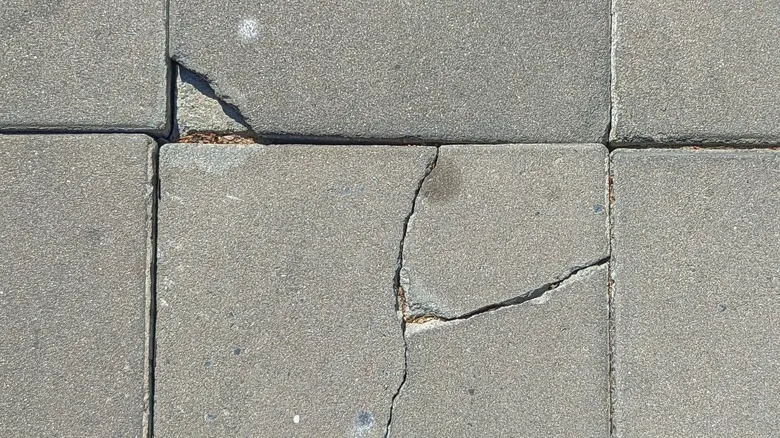
by Shiloh | Feb 6, 2025 | Patio Pavers
You wanted the perfect patio—but now it’s sinking, cracking, or holding water. What happened? You imagined relaxing evenings on a beautifully built patio, hosting summer barbecues, and enjoying a space that blends seamlessly with your landscape. But instead, you’re...
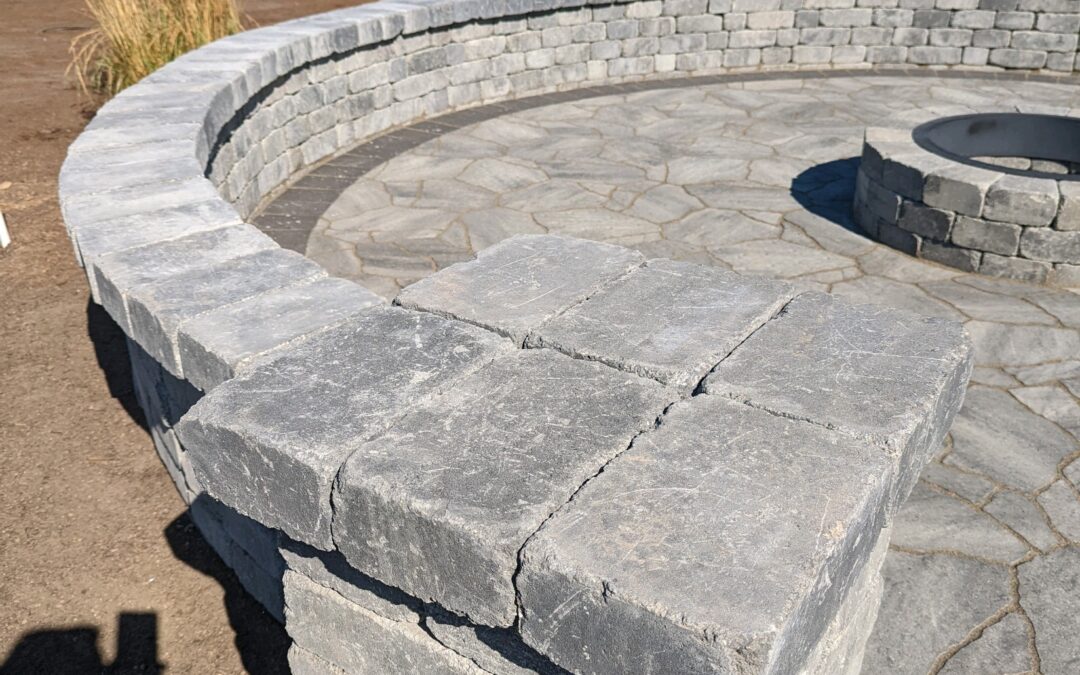
by Shiloh | Feb 6, 2025 | Patio Pavers
If you’ve been planning your outdoor patio, driveway, or walkway here in the Kitsap Peninsula, you’ve probably come across the term sealing concrete pavers. And if you’re like most homeowners, you’re left wondering: Is this something I actually need to do? Is sealing...
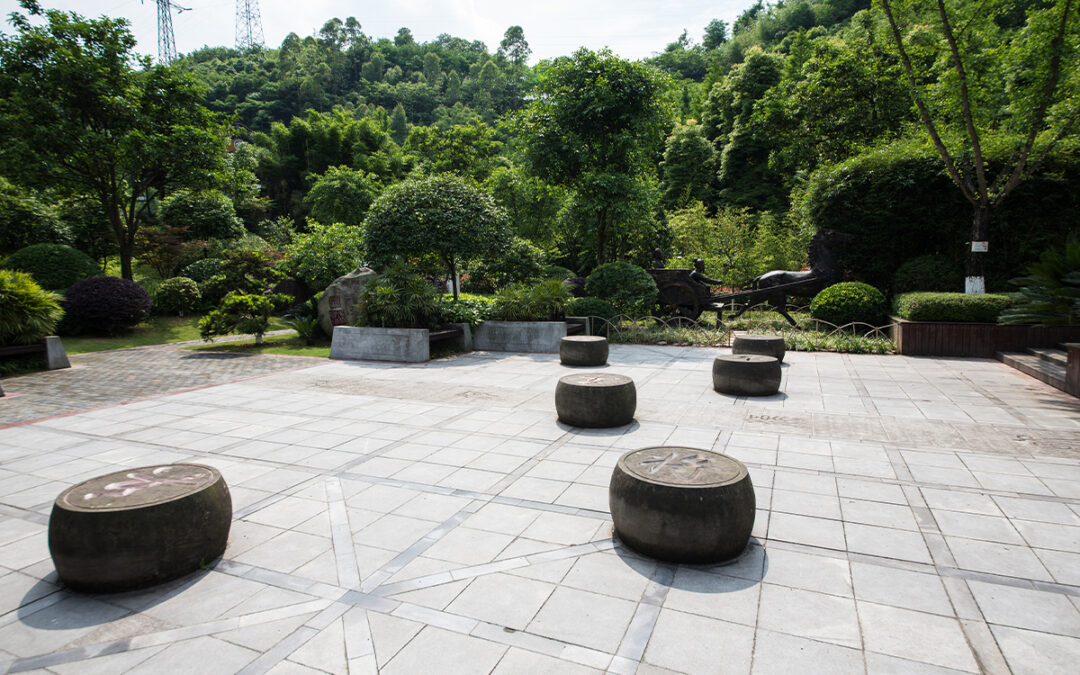
by Adam Goit | Dec 2, 2024 | Patio Pavers
A well-designed outdoor space is more than just a luxury—it’s an extension of your home and lifestyle. Among the many ways to enhance your outdoor areas, patio pavers are a versatile and durable solution. Whether hosting summer gatherings, enjoying peaceful evenings,...







